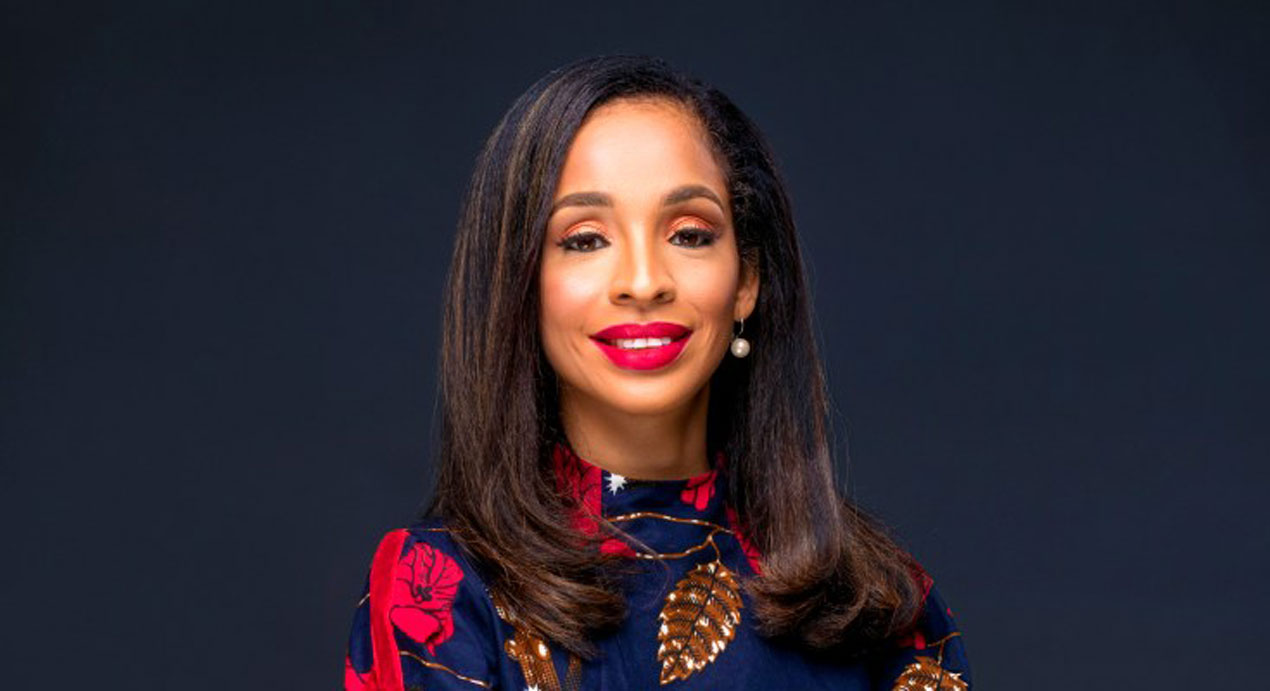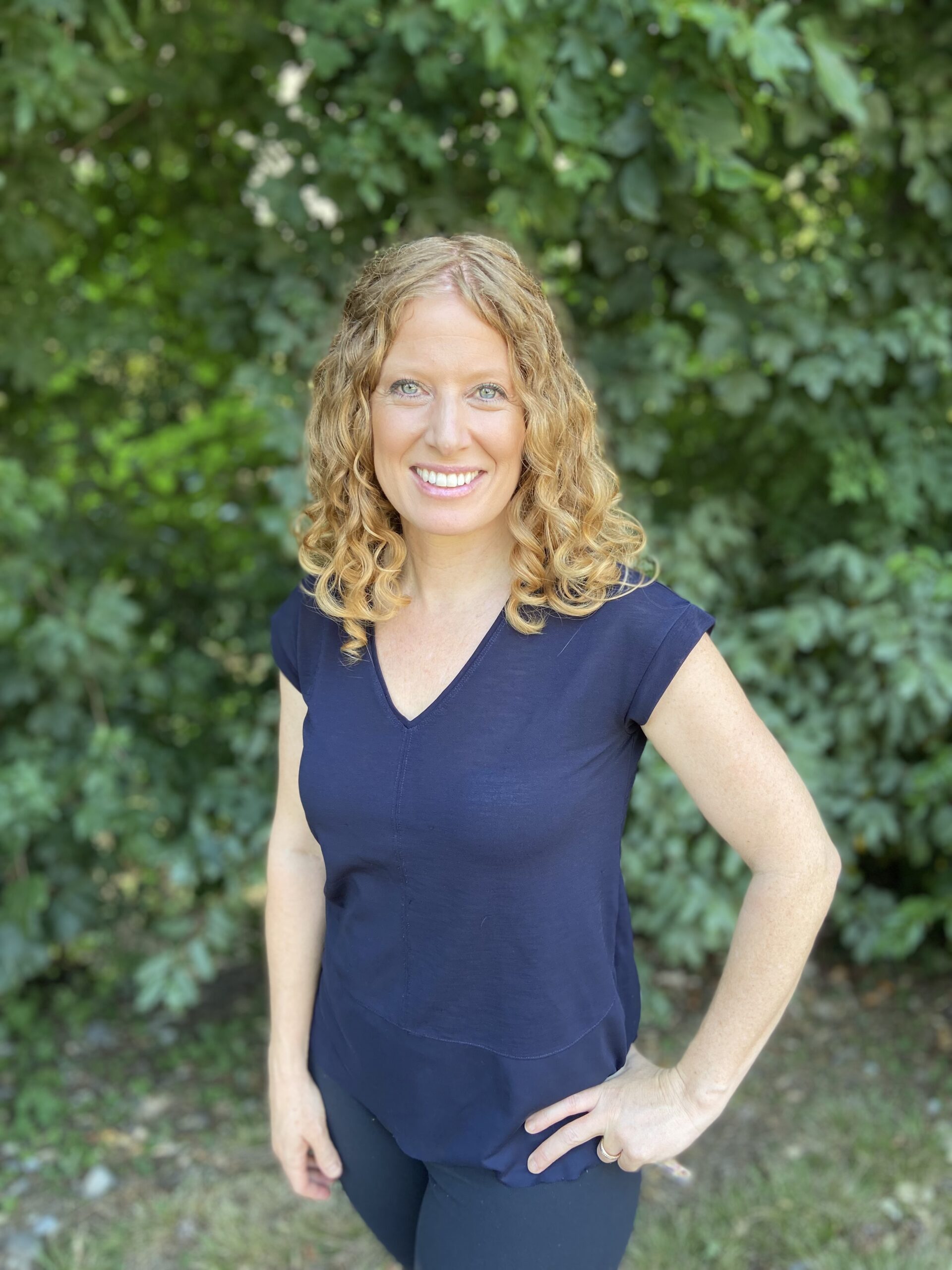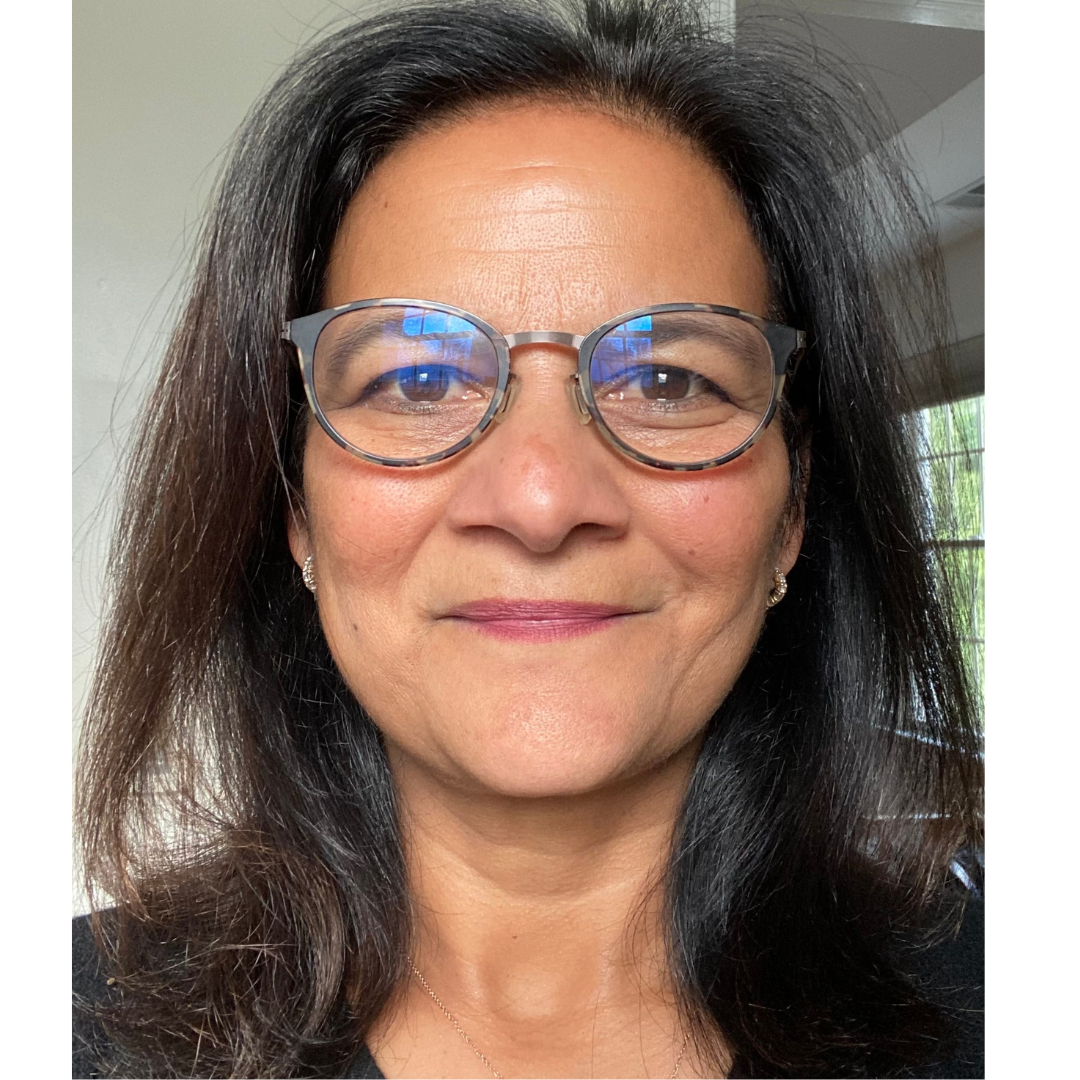Every day, in many parts of the world, women bear the greatest burden of hunger. Furthermore, in every country, women are disproportionately affected by extreme poverty.
Despite encountering significant challenges, women globally are active agents for change, making notable strides at enhancing not only their own well-being but that of their families, communities, and even strangers. In their vital roles in agriculture, entrepreneurship, education, climate adaptation, innovation, or healthcare, women are spearheading change. In fact, there is no hope for ensuring good food for all without women.
It is evident that neglecting women’s roles in the world’s food systems poses significant risks. According to the FAO, closing the gender gap in agriculture and ensuring women farmers have equal access to productive resources and equal wages could lift 45 million people out of hunger. The gender food security gap widened to 4.3% in 2021, despite more than ⅓ of working women being employed across food systems and female farmers growing 50% of the world’s food.
On International Women’s Day and beyond, we should honour women who are catalysts for change worldwide. At the SDG2 Advocacy Hub, we are celebrating five leaders working to close the gender gap and empower other women in the food system. They tirelessly strive to build a world free from hunger by advocating for equitable food and nutrition security and sustainable agriculture.

Dr. Ismahane Elouafi, CGIAR Executive Managing Director
Dr. Ismahane Elouafi, the Executive Managing Director of CGIAR, holds a prominent position in agricultural research. Her impressive career spans various scientific and leadership roles, making her a driving force in addressing global challenges related to food security and nutrition.
Dr. Elouafi’s commitment extends beyond individual achievements. She recognizes that investing in women is pivotal for community well-being. As she aptly puts it: “when we invest in the woman, we invest in the kids, and we invest in the whole family.” However, she acknowledges that there is still much progress to be made. Women and girls must take the lead in efforts to combat hunger and malnutrition. Dr. Elouafi advocates for positive discrimination to create more opportunities for women to be change agents in this critical endeavour. Gender equality is a fundamental aspect of the CGIAR mission, ensuring that women play a central role in shaping a better future for all.
Every day, in many parts of the world, women bear the greatest burden of hunger. Furthermore, in every country, women are disproportionately affected by extreme poverty.
“When we invest in the woman, we invest in the kids, and we invest in the whole family.” – Dr. Elouafi.

Ndidi Okonkwo Nwuneli, In-coming Executive Director, ONE
When Ami Danoff, co-owner of the US Women’s Soccer League Team, Boston, advised, “chart your map with multiple routes,” she might have drawn inspiration from the remarkable journey of Ndidi Okonkwo Nwuneli. Based in Lagos, Ndidi wears multiple hats within the food ecosystem, leveraging her extensive expertise in food systems, entrepreneurship, social innovation, and philanthropy. With over 25 years of international development experience, she actively contributes to impactful solutions on the global stage.
“I believe women are critical stakeholders in fighting hunger not just in Africa but across the world because they play important roles as primary producers, retailers, chefs and cooks but also as policymakers, finance providers and ultimately, the decision-makers in their homes around the food that their children consume,” says Ndidi.
Recently appointed as the CEO of the ONE Campaign, Ndidi’s influence extends beyond her impressive resume. She firmly believes that more women must step up across all facets of the food ecosystem to achieve equity within our lifetime.
“We need women to be disruptors, ecosystem enablers and through our work with leading women in food fellowship, we are amplifying the voices of dynamic women through the entire ecosystem and proving that African women can lead change in the full ecosystem and end hunger in our lifetime,” adds Ndidi.

Saskia Osendarp, Executive Director, Micronutrient Forum
Growing up as a girl in the Netherlands with a mother who was a teacher, Saskia never fully understood why the world needed a special day for women.“But then I started to expand my horizon, and I realised how long-standing gender inequalities were impacting the lives of so many women and girls in this world, leading to higher rates of malnutrition and poor health,” she says.
Two out of three women are not consuming a healthy diet, which means they lack the essential nutrients they need for survival and to lead productive lives. As a result, in some countries in Sub-Saharan Africa, a staggering 90% of women suffer from vitamin and mineral deficiencies, including anaemia.
Amid conflicts and climate change, things are becoming even more challenging for women and girls. However, Saskia sees hope. She observes a new generation of women leaders and girl activists rising to the challenge. A prime example of this occurred at the Micronutrient Forum conference, held at The Hague, Netherlands in October 2023, where a panel of women leaders discussed the key drivers for progress in nutrition. These discussions emphasised how women are central to new approaches and integrated actions.
The conference’s way forward statement provided tangible recommendations on collectively driving more equitable and well-nourished futures for women and girls. Saskia and her team have committed to keep pushing these recommendations.

Carin Smaller, Co-Founder and Executive Director, the Shamba Centre for Food and Climate
Carin is the co-founder and executive director of the Shamba Centre for Food and Climate, which empowers women to become food and climate leaders. With women most negatively affected by the impacts of climate change and hunger, she believes the key is to direct agricultural interventions and opportunities towards women to drive sustainable change.
Throughout her professional career, Carin has challenged conventional wisdom and advanced systems-based solutions to end hunger. Carin is also co-chair of Hesat2030, which equips policymakers with the resources to make high-impact and data-driven decisions.
Amid the worsening global food crisis, Carin worries that women eat less, earn less and own less than men. In summary, women have the most to lose, “and yet women are poorly represented in leadership positions and decision-making on how to address food insecurity and climate change”, said Carin.
On what needs to be done to drive gender equality, Carin believes we need to keep the momentum. “We stand in the footsteps of generations of women who have struggled for equal rights, equal pay and an equal voice. But so much more needs to be done to end the systematic exclusion of women from the halls of power”.
“Women are the producers, sellers, consumers and preparers of food. They’re also the first food system that millions of babies will know. Despite this, we underinvest in women and girls; women continue to face all sorts of barriers and higher rates of malnutrition that impact their health, their well-being, and livelihoods.”- Asma Lateef, SDG2 Advocacy Hub.

Tanya Mayo-Bruinsma, Project Director, Tailored Food
As the Project Director of Tailored Food, Tanya Mayo-Bruinsma has devoted the past decade to International Affairs and promoting sustainability within the food system. Her journey has evolved from addressing food waste and recovery initiatives to managing a zero-waste food service business. Presently, she undertakes the challenge of establishing nutritious, cost-effective food systems worldwide.
In her role, she collaborates with micro-entrepreneurs and small to midsize enterprises dedicated to researching, developing, and expanding access to nutritious and affordable food products and businesses. This journey has been profoundly inspiring for her.
“I am continually amazed by the female entrepreneurs I work with across various levels of the food system. Women are already driving change to combat hunger and malnutrition, including young girls,” she shares.
She emphasises that mothers, regardless of their economic status, prioritise their children’s growth and nutrition.
Looking ahead, Tanya firmly believes that empowering women translates to progress for society at large: “The simple math in my opinion is that investing in women is investing in everybody’s future because women are awesome”.

Asma Lateef, Advocacy and Policy Lead, SDG2 Advocacy Hub
Asma Lateef is the Policy and Advocacy Lead at the SDG2 Advocacy Hub. She previously served as director of Bread for the World Institute, interim executive director of the Alliance to End Hunger and director of policy and programs at Citizens for Global Solutions. She was also involved in efforts to establish and support the Scaling Up Nutrition (SUN) Movement and served on the SUN Movement’s Executive Committee.
With less than six years to go, the goal to end hunger and all forms of malnutrition feels daunting if we don’t step up action to reduce gender inequalities. Asma believes that gender equity is a prerequisite to sustainable and just food systems, hence the need to invest in women.
“Women are the producers, sellers, consumers and preparers of food. They’re also the first food system that millions of babies will know. Despite this, we underinvest in women and girls; women continue to face all sorts of barriers and higher rates of malnutrition that impact their health, their well-being, and livelihoods.”
The true cost of gender inequalities goes beyond the impact on women’s ability to earn a decent living study.
Studies over decades have shown that women’s earnings and agency improve the health and well-being of their children and households. The lost productivity of female farmers means less food reaches the market.
Closing the gender gap in agriculture would increase global GDP by 1% or a trillion dollars. Investing in women and girls is a smart thing to do. It’s good for everyone: for her family, for her community, for her economy, and the planet we have no time to waste.
Now is the time to act. Happy Women’s Day!
Use this toolkit here to celebrate International Women’s Day!
To stay tuned with the latest updates from the entire food network, sign up for our Newsletter or follow us on Twitter.







